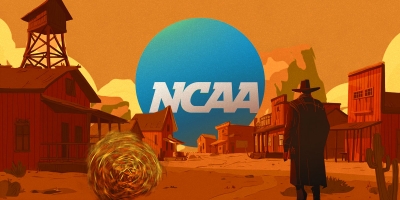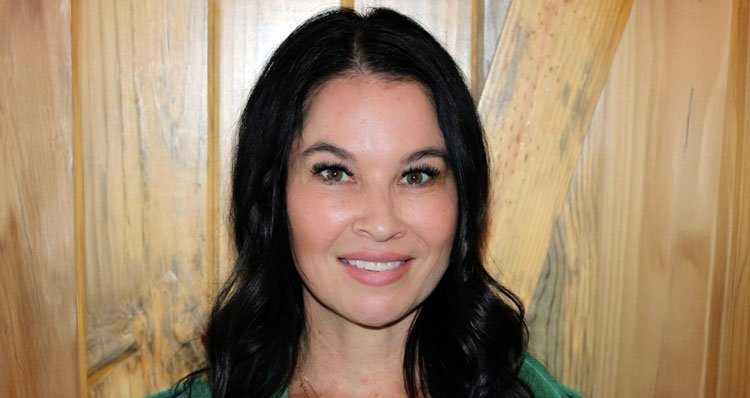
For many years, the NCAA maintained that the only form of compensation for student-athletes could be scholarships and grants. This principle was foundational to college sports throughout its history. While the NCAA’s legal framework faced challenges over time, it largely stuck to its guidelines until around the late 2010s.
Then, increasing pressure from state lawmakers and notable legal defeats caused a shift. In 2019, California enacted a law permitting high school and college athletes to benefit from their name, image, and likeness, prompting several other states to follow suit.
The NCAA later declared that student-athletes would receive equal rights in ways that aligned with the “college model.” By 2021, the Supreme Court ruled that the NCAA’s compensation limits were in violation of the Antimonopoly Act. Consequently, on June 30, 2021, the organization introduced a temporary policy that effectively abolished its previous restrictions.
This overhaul has sparked years of uncertainty. The NCAA established various regulations regarding how athletes and schools could engage with NIL opportunities, yet many of these enforcement capabilities were eroded by subsequent lawsuits. Added to this, states passed different laws creating a confusing patchwork of regulations, which sometimes gave advantages to certain universities over others.
At first glance, it seemed like the recent settlement in House v. NCAA might mark the end of a chaotic phase in this “Wild West” scenario by allowing all Division I schools to distribute revenue to players.
Nevertheless, the NCAA and its member institutions haven’t reached agreements with athletes and continue to lack antitrust exemptions. This means that any rules they establish could still be contested in court as violating antitrust regulations, particularly if they hinder athletes from receiving compensation equivalent to market value.
Additionally, to sidestep negotiations that could classify athletes as employees, the NCAA seeks federal support and Congressional action to regain enforcement power. They also want laws that would provide exceptions, clarifying that not all athletes should be legally viewed as employees.
In recent months, a number of athlete compensation proposals were put forward, but none made it to a vote in Congress. However, this situation might change soon.
Last week, Shomari C., a lawmaker from Mobile, revealed plans to co-sponsor a bill titled the Student Compensation and Opportunity through Rights and Advocacy (Score) Act. This legislation, backed by a bipartisan group of nine representatives, moved through the House Energy and Commerce Subcommittee with a narrow 12-11 vote along party lines. It may soon advance to further markups by the full House Energy and Commerce Committee and then the House Committee on Education and Workforce before heading to the House floor.
If enacted, this bill would formalize the provisions from the House settlement, reinforcing athletes’ rights regarding their NIL. It also aims to eliminate the inconsistent state laws, provide legal standards that satisfy NCAA demands, and prevent college athletes from being classified as employees.
In support of the legislation, the NCAA stated that while the House settlement represented progress, more substantial reforms in college sports require federal action.
“Student-athletes have consistently sought meaningful reforms, and this proposed law is a step towards meeting those demands,” the organization said.
The NCAA proposed long-term changes to ensure health and wellness benefits and a new Division I program structure that would distribute up to 50% of undergraduate revenue to student-athletes. Yet, they stressed that some critical improvements can only be achieved through Congressional action.
The law has garnered support from the Southeastern Conference and the Power 5 Conference, with both Greg Sankey, the league’s commissioner, and Alabama athletic director Greg Byrne expressing their approval and appreciation for the bill’s advancement.
“We welcome Shomari’s commitment to supporting a sustainable future for university athletics,” Sankey remarked, emphasizing the need for clarity and stability in student-athlete policies.
Byrne echoed this sentiment, thanking the bipartisan lawmakers for striving to create sustainable models that benefit student-athletes in the years to come.
If the act passes through the House, it will then require seven Democratic votes for Senate approval. However, many Democrats and some Republicans have voiced opposition to the bill. During a markup session, Rep. Lori Trahan, a prominent critic, argued it could empower the NCAA while undermining athletes’ rights.
“I don’t feel like a professional player,” Trahan stated, expressing concerns that the bill lacks adequate protections for athletes.
Notably, the players’ associations from Major League Soccer, Major League Baseball, NFL, NBA, and NHL have also released a statement opposing the proposed antitrust exemptions, asserting that these measures could stifle athletes’ ability to negotiate fair terms and compensation.
“Historically, antitrust laws have been employed to prevent price-fixing and protect opportunities for open markets,” their statement read, highlighting the potential dangers of granting the NCAA an exemption.
As discussions around the legislation unfold, the White House is also gearing up to enter the college sports debate. Reports indicate that former President Trump might soon issue executive orders aimed at establishing “national standards.” During his prior term, he was favorable to the NCAA and rescinded a related memo that categorized college athletes as employees.
However, the details behind Trump’s planned executive order remain unclear — particularly since it wouldn’t grant the antitrust exemptions mentioned in the bill.







